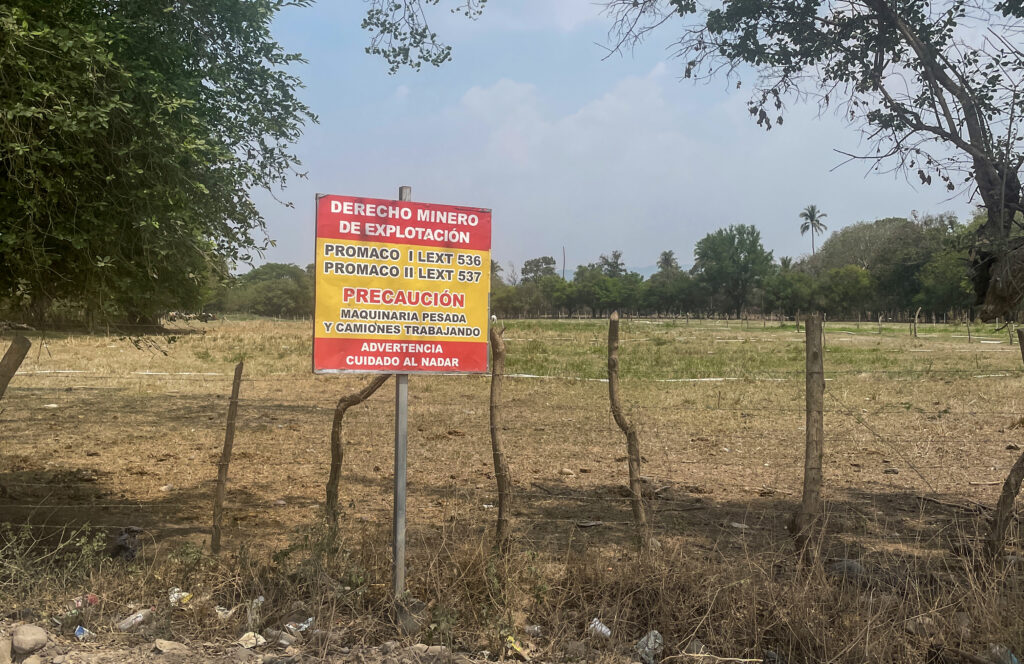Negotiations on a binding treaty for transnational corporations resumed in Geneva this week. For the tenth time, UN Member States will meet in an open-ended intergovernmental working group (IGWG) established by the UN Human Rights Council in 2014 for this purpose. The need to regulate businesses under international human rights law has only become more urgent in the decade since, as their activities have become one of the driving causes of human rights abuses worldwide.
In 2024 alone, Franciscans International raised numerous cases at the UN of the harm done by unchecked business activities to people and the planet. In Mozambique, the exploitation of natural resources has led to half a million displaced people, food insecurity, and environmental degradation. In Indonesia, Indigenous Papuans benefit little from extractive projects but almost exclusively bear their negative impacts, including contamination of water sources and subsequent health issues. Indigenous Peoples in Guatemala contend with projects that are undertaken in the absence of free, prior and informed consent, and human rights defenders are often harassed and criminalized.
Against this backdrop, procedural delays and the attempted corporate capture of the negotiations are all the more concerning. As part of the Treaty Alliance, ESCR-Net, and Feminists for a Binding Treaty, Franciscans International collaborates closely with other civil society and grassroots organizations committed to countering these trends.
From 16 to 20 December, the negotiations covered Articles 4 to 11 and saw active engagement by States and civil society. FI supported and joined interventions on these articles, underscoring the need for prevention of environmental degradation and human rights abuses and violations, broad legal liability, and protections for affected individuals and communities.
The urgent need for a binding instrument was widely recognized: as part of this, and in follow-up to decision 56/116 of the Human Rights Council, one meeting was dedicated to a tentative roadmap for further inter-sessional meetings in 2025. FI looks forward to continuing its engagement in the process and towards an end to impunity for human rights violations in the context of business activities and operations.
Follow our work at the IGWG:
Interventions on the draft text
- Opening statement (16 December)
- Opening statement (16 December)
Joint statement with ISHR, FORUM-ASIA, and ESCR-Net - Article 4 – Rights of victims (17 December)
Statement on behalf of the Feminists for a Binding Treaty - Article 4 – Rights of victims (17 December)
Joint statement with FIAN International, ESCER Observatory, Friends of the Earth, and Peace Brigades International - Article 6 – Prevention (18 December)
Statement on behalf of the Feminists for a Binding Treaty - Article 8 – Legal Liability (19 December)
Joint statement with the Feminists for a Binding Treaty and FIAN International - Closing statement (20 December)
Statement on behalf of the Feminists for a Binding Treaty
Other resources

